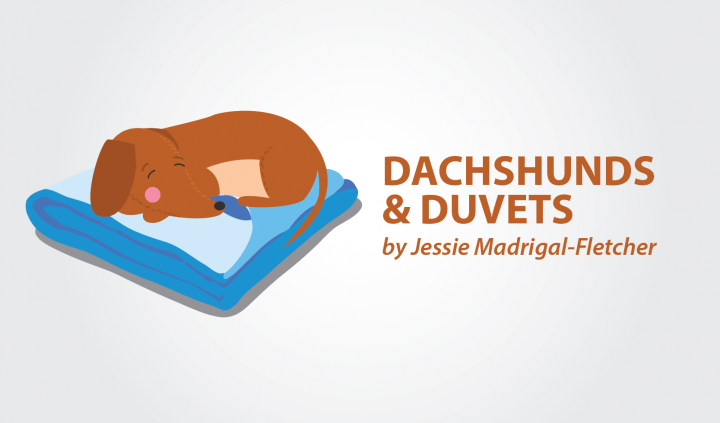I once bled for 60 days straight. No breaks, no respite, just a lot of money spent on tampons and painkillers, and a permanent aversion to any underwear that wasn’t at least 2 inches thick. Now, it’s been a year since my last period.
Apart from that 60-day stint, my periods would generally last almost a week. They were also extremely painful. I would scream in agony, punch furniture and walls, and regularly feel as if I had been run over by a herd of mad cows. My periods would leave me out of action for 12 days each month, preventing me from holding down a job, feeding myself, or functioning like everyone else around me. When I read that research shows bad period pain can be as severe as a heart attack, it didn’t surprise me.
So it should come as no surprise to you that 14 months ago when my specialist suggested we put my periods on hold by using progesterone, I jumped at the chance like a squirrel doing somersaults.
While my hormones adjusted to the new progesterone high, I experienced some intermittent bleeding and a lot of acne. Then, after a couple of months, the spotting stopped, my skin calmed down, and I was period-free.
I went traveling for several weeks and could keep up with my friends. In April, I ran a marathon and crossed the finish line — afterward I could even string two sentences together and walk, albeit slowly, to the train station. I went to Brighton Pride, danced for hours, and could still walk my dogs the next day.

I got my life back, exactly one year ago.
On the other hand, not bleeding for so long can feel a bit weird. When my periods didn’t attempt to murder me slowly, they felt like a release. The days before, I would feel bloated, turning into a human pressure cooker. I craved inflammatory foods and went through extreme highs and lows. I was like my dog at the vet. “Look, a cookie! Where are you going with that thermometer? Look, a cookie!”
Then my period would arrive and give me the release I desperately needed. But those times were rare, barely three to four a year. Most of the time, bleeding meant going through hell on earth.
A year on, I’d like to say I am happy and worry-free, but I would be lying. I fear losing access to my medication because the thought of going back to my progesterone-free life scares me.
I tried it all: dietary changes, excision surgery, acupuncture — the list goes on. While some of these approaches did improve my life, the excruciating periods only went away thanks to the hormones.
Yet, any hormonal treatment doesn’t merit being labeled as such.
However, progesterone doesn’t treat and will never cure my endometriosis. It merely puts my symptoms on hold, and only time will tell how having these hormones introduced into my body will affect me in the long term.
But with a chronic illness like endometriosis, you have few options. When somebody waves a giant billboard promising, “Normal-ish life ahead,” you run for those bright lights as if your life depends on it. Because in a way it does. The pain-free life I’d dreamed of relies heavily on a box of pills.
I don’t know how long I’ve got on this sweet deal, but it is grand, even though all of the other symptoms have gone nowhere. It’s been a year of achieving things I had never thought I could. And that is priceless.
***
Note: Endometriosis News is strictly a news and information website about the disease. It does not provide medical advice, diagnosis, or treatment. This content is not intended to be a substitute for professional medical advice, diagnosis, or treatment. Always seek the advice of your physician or other qualified health provider with any questions you may have regarding a medical condition. Never disregard professional medical advice or delay in seeking it because of something you have read on this website. The opinions expressed in this column are not those of Endometriosis News or its parent company, BioNews Services, and are intended to spark discussion about issues pertaining to endometriosis.

